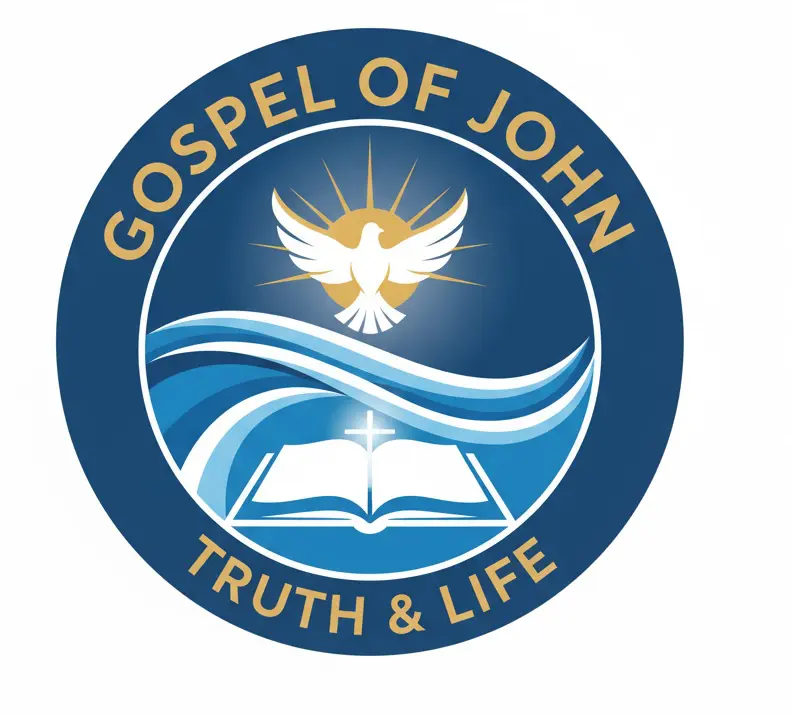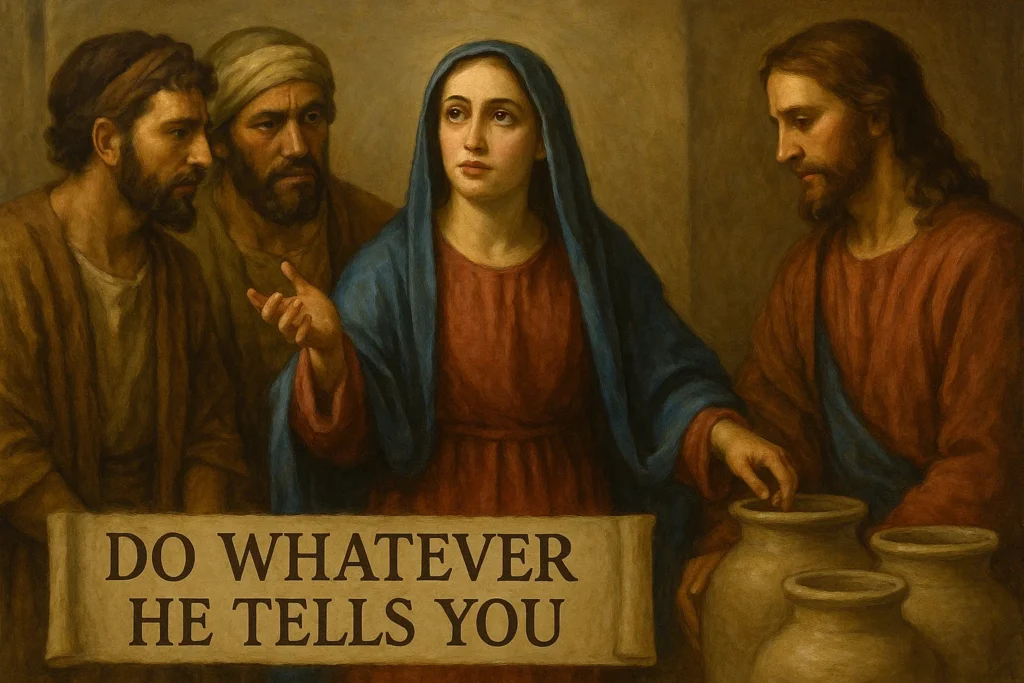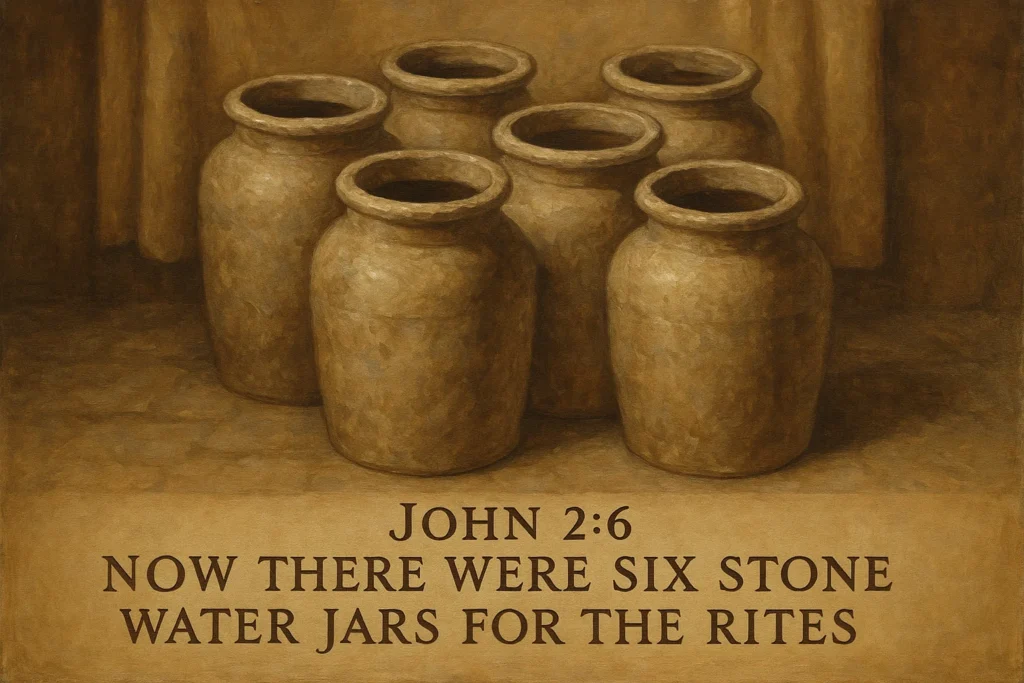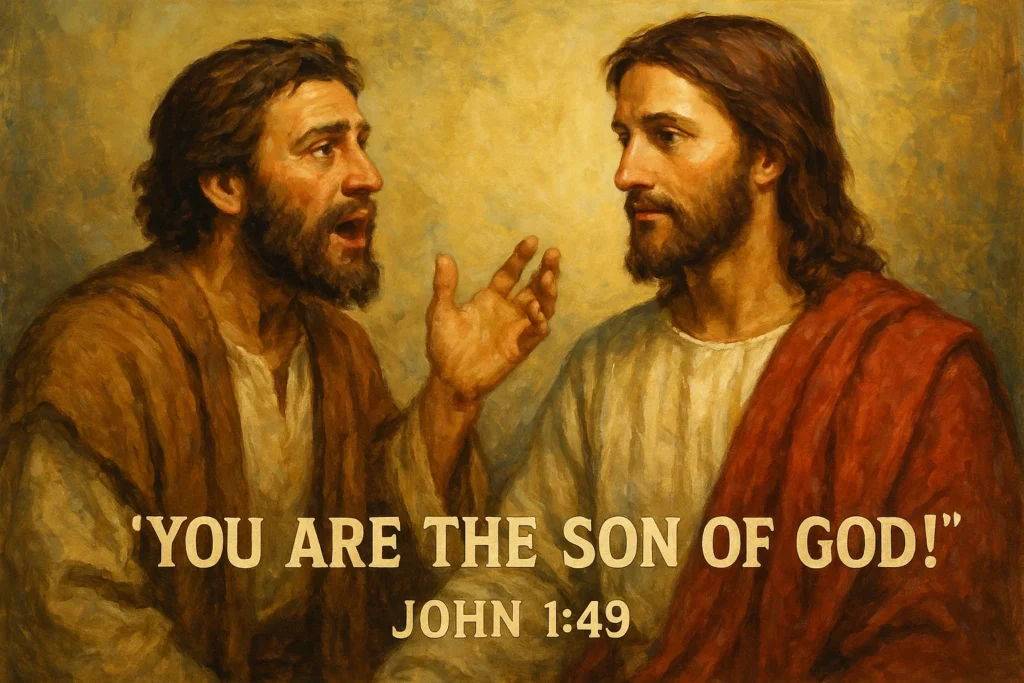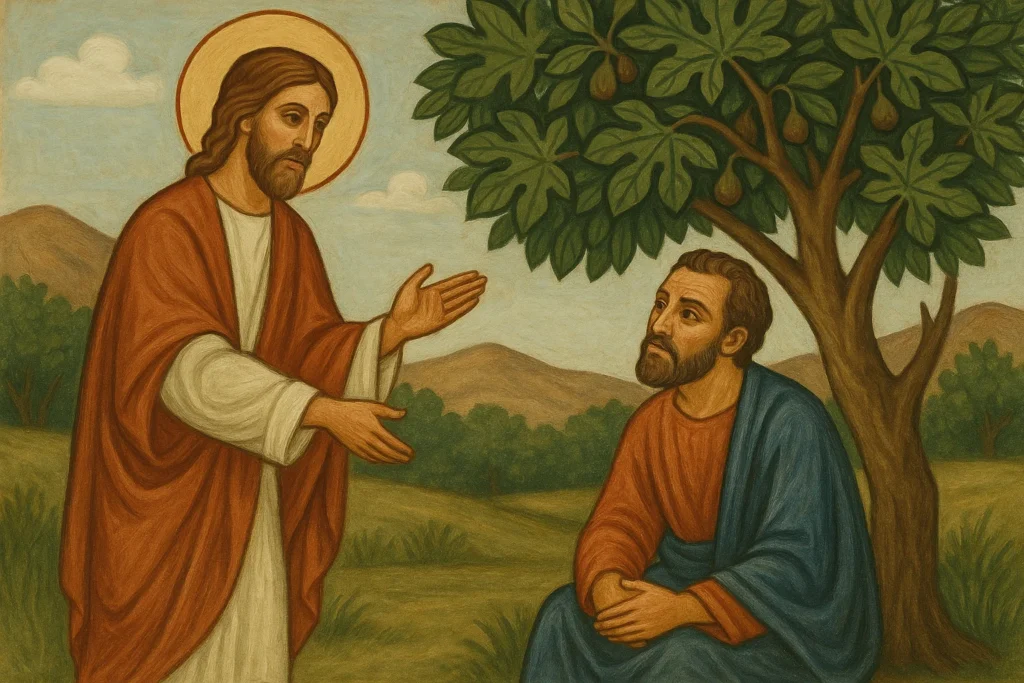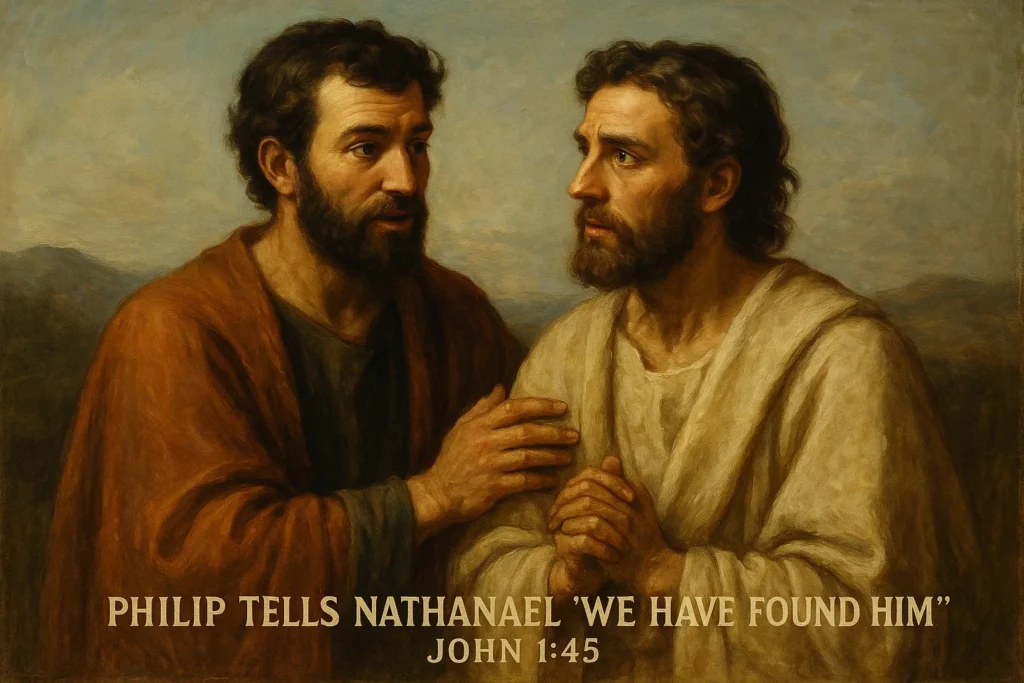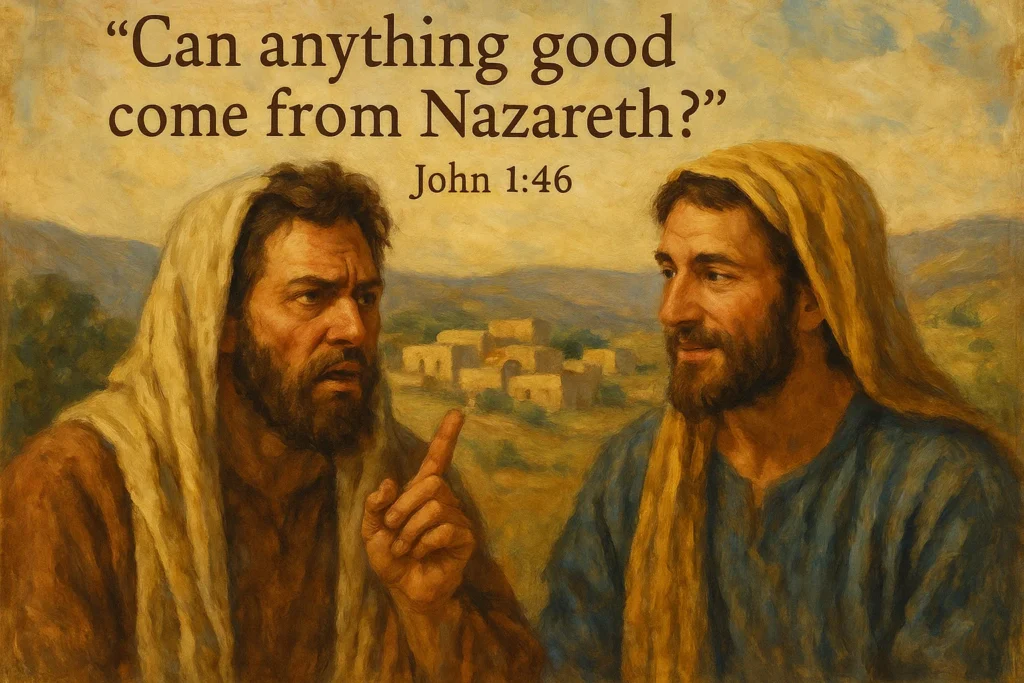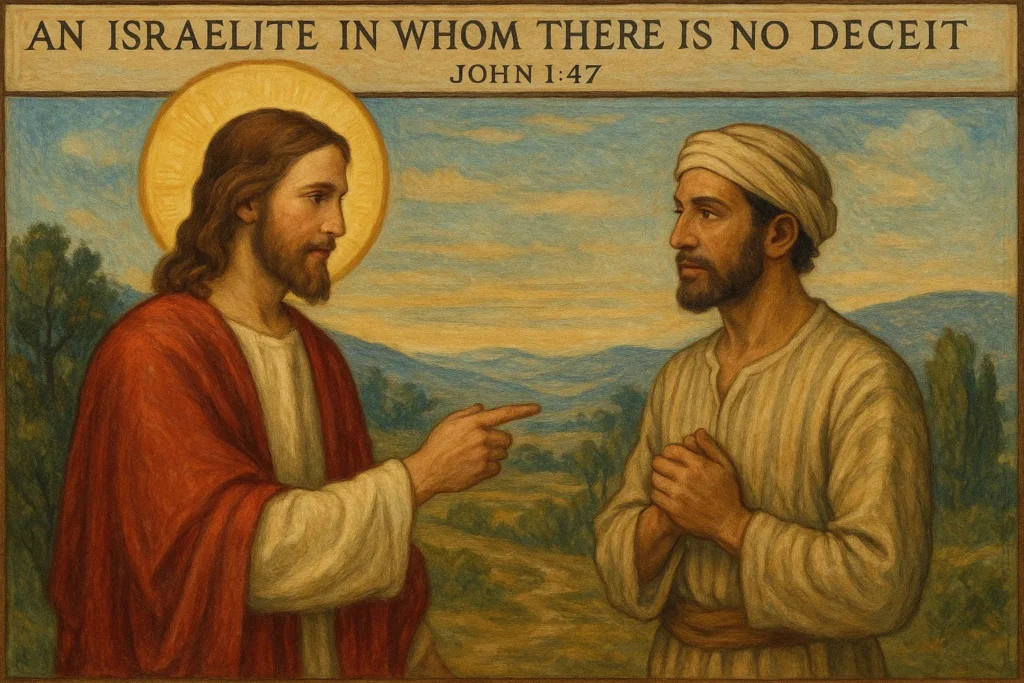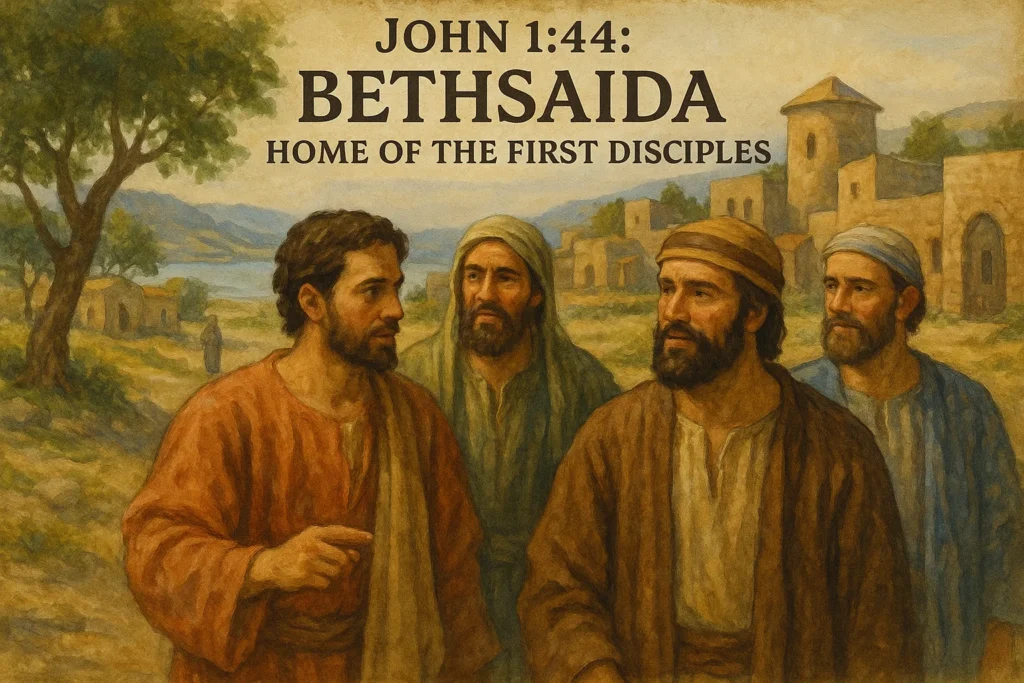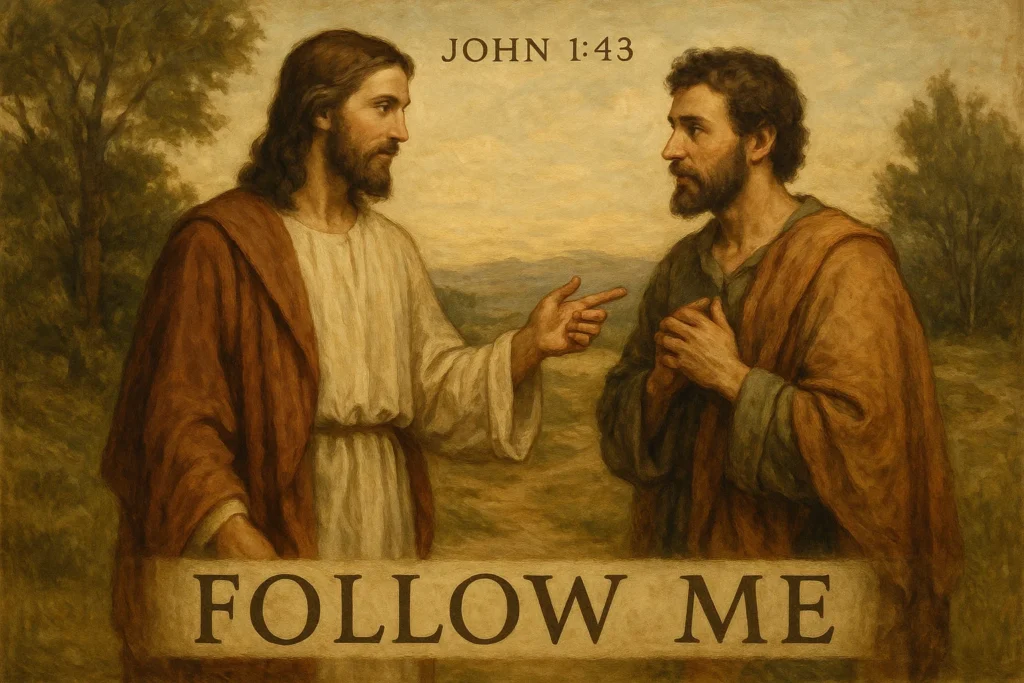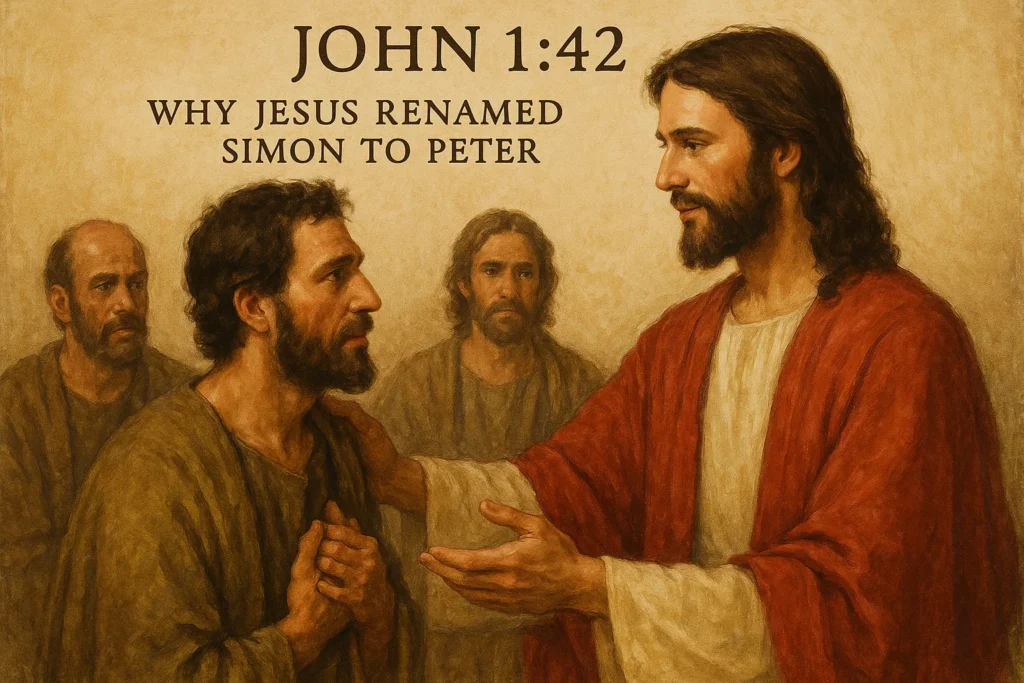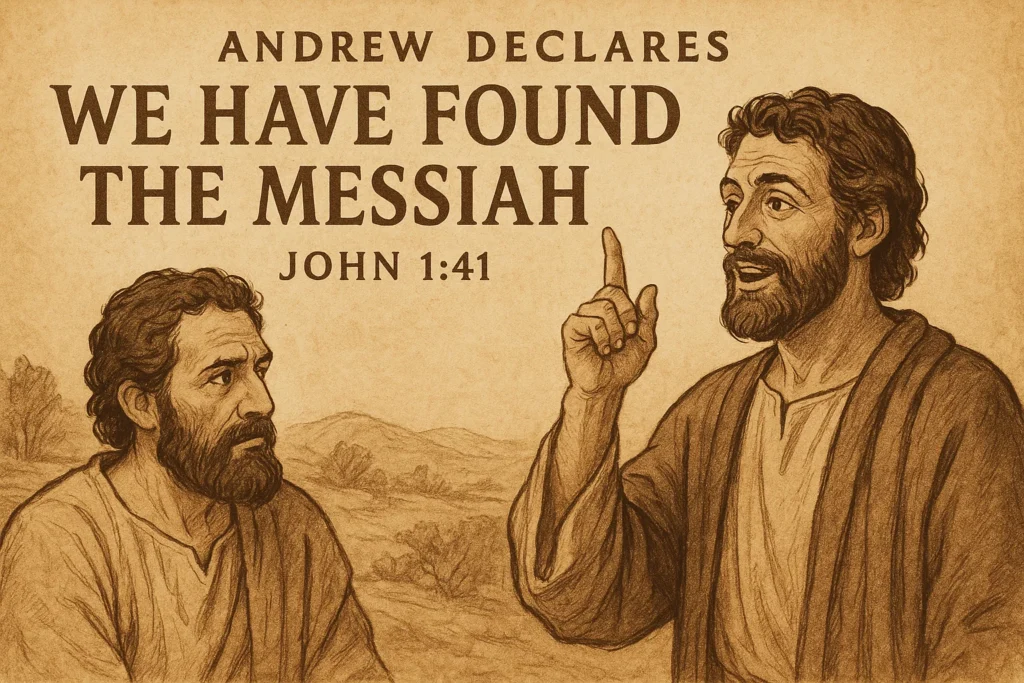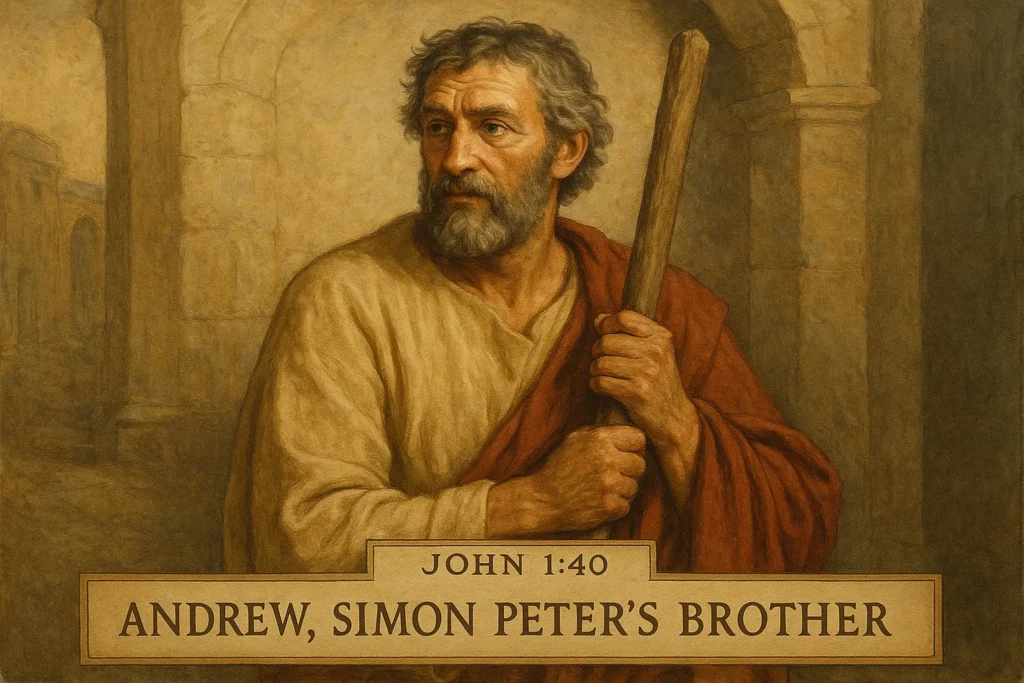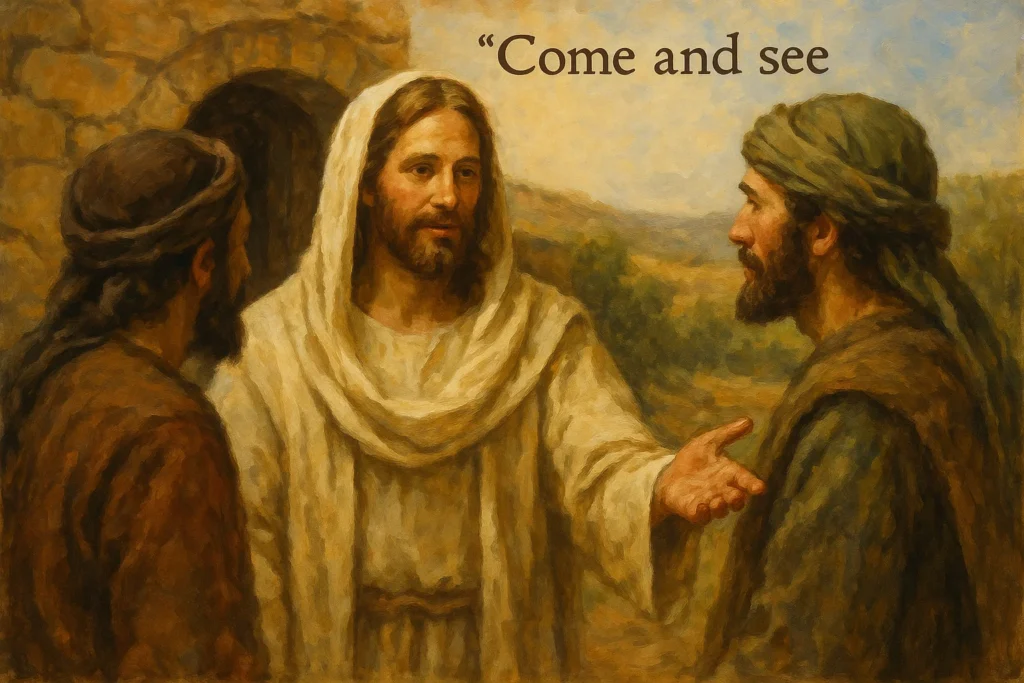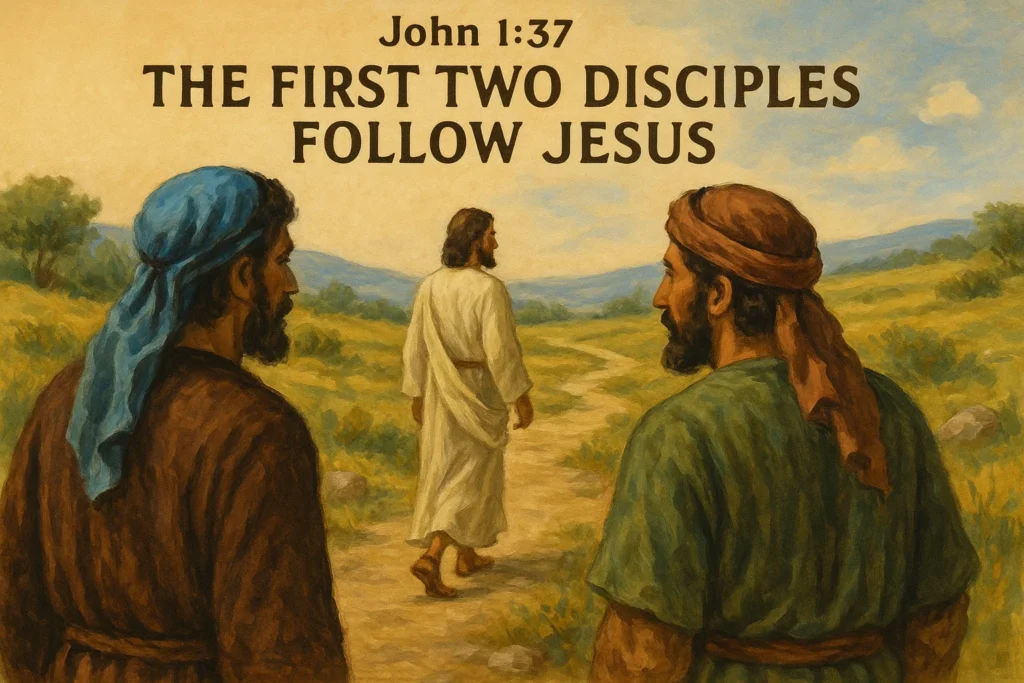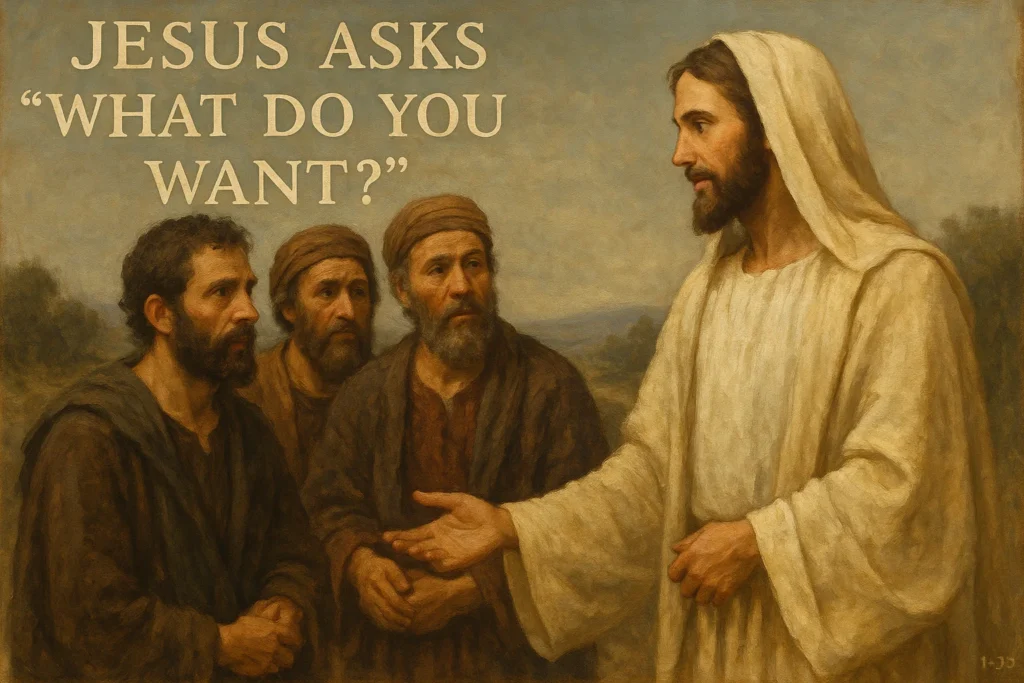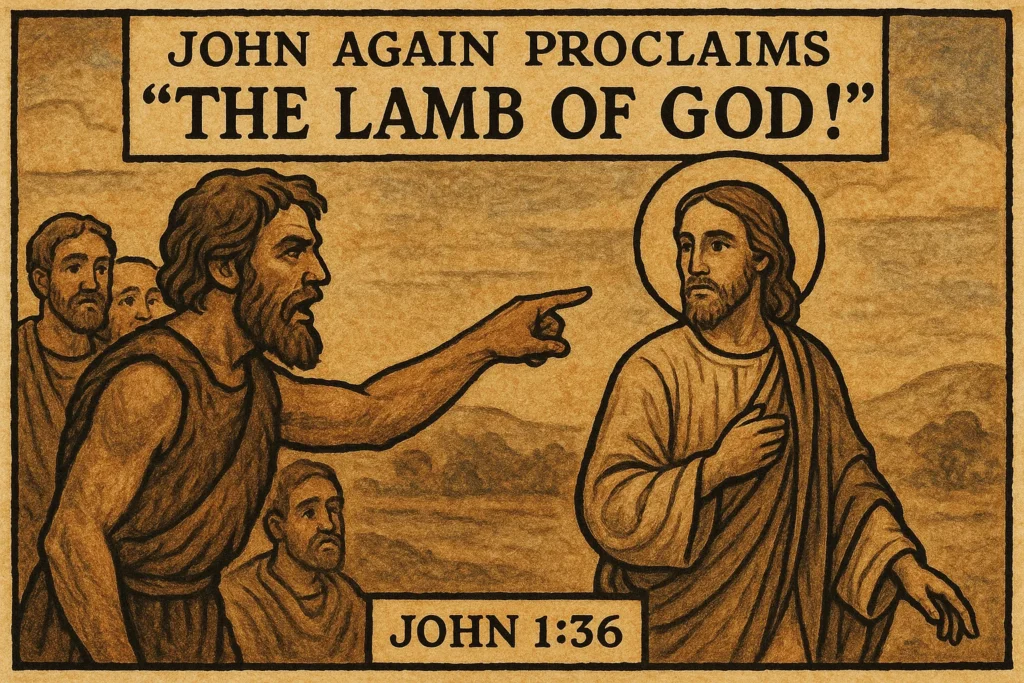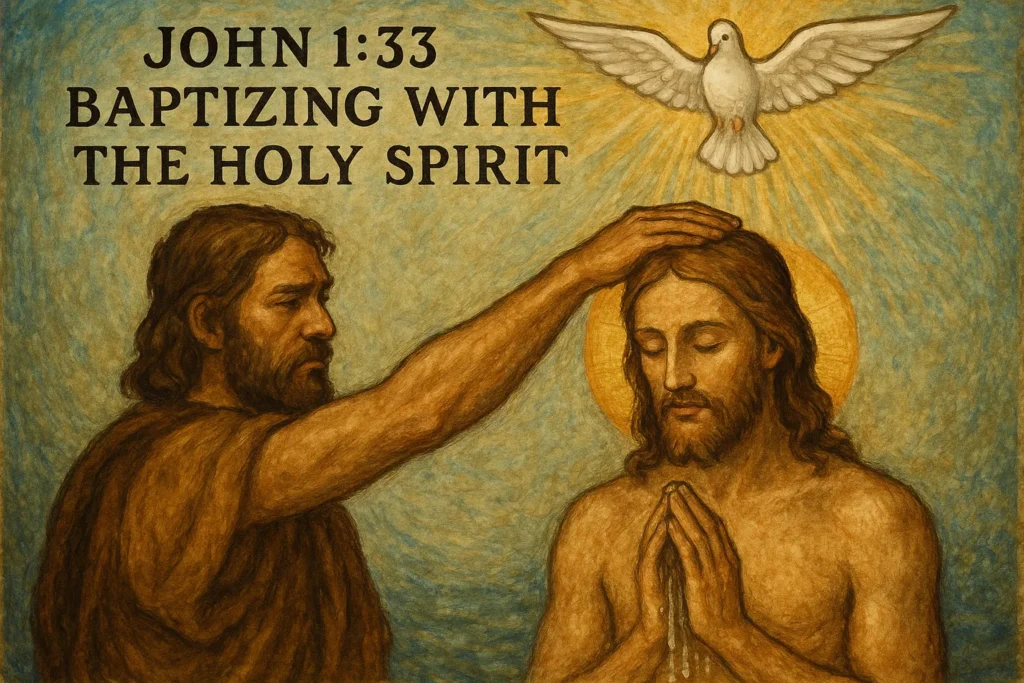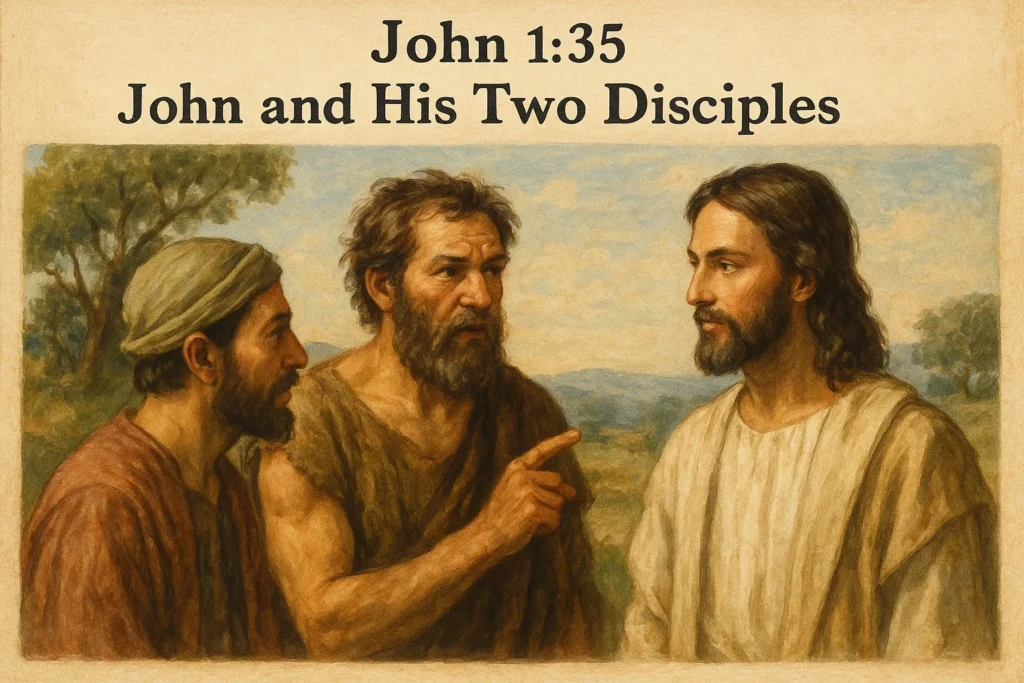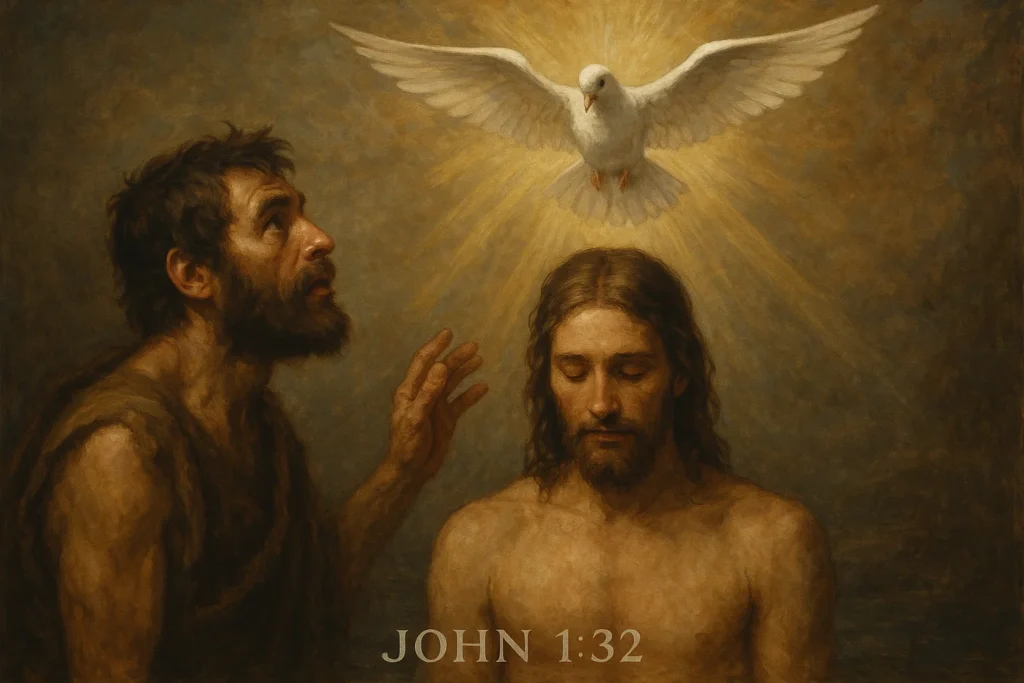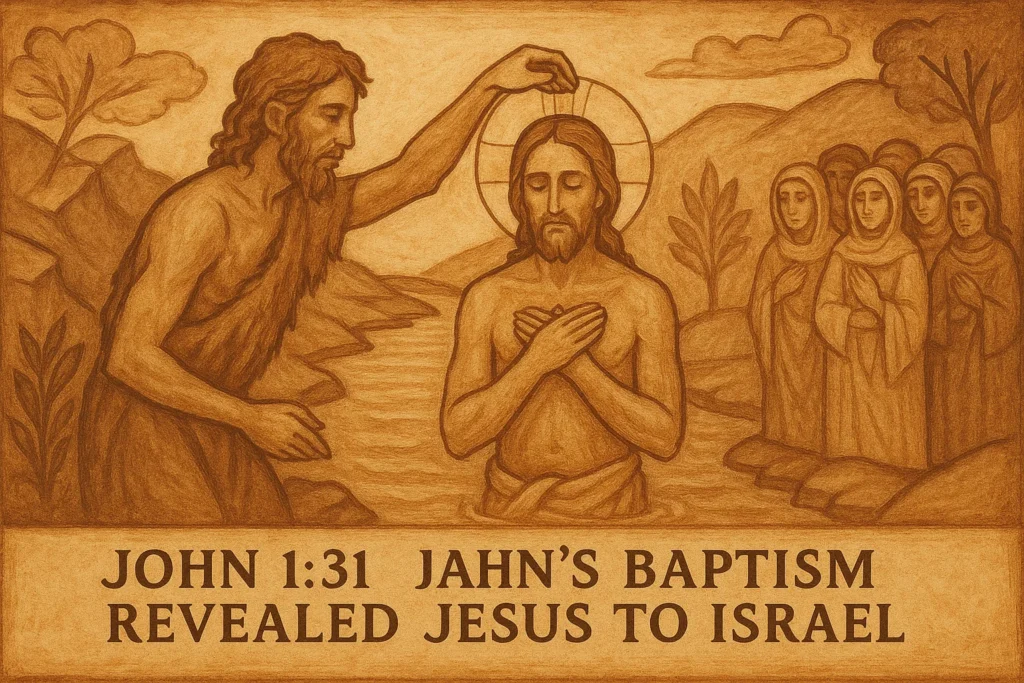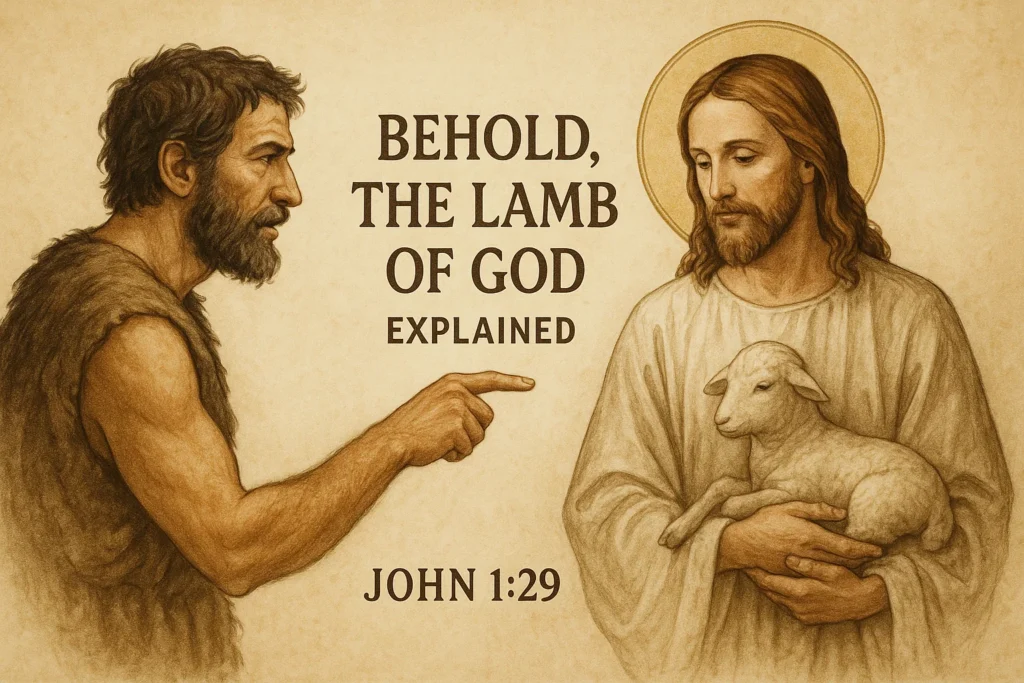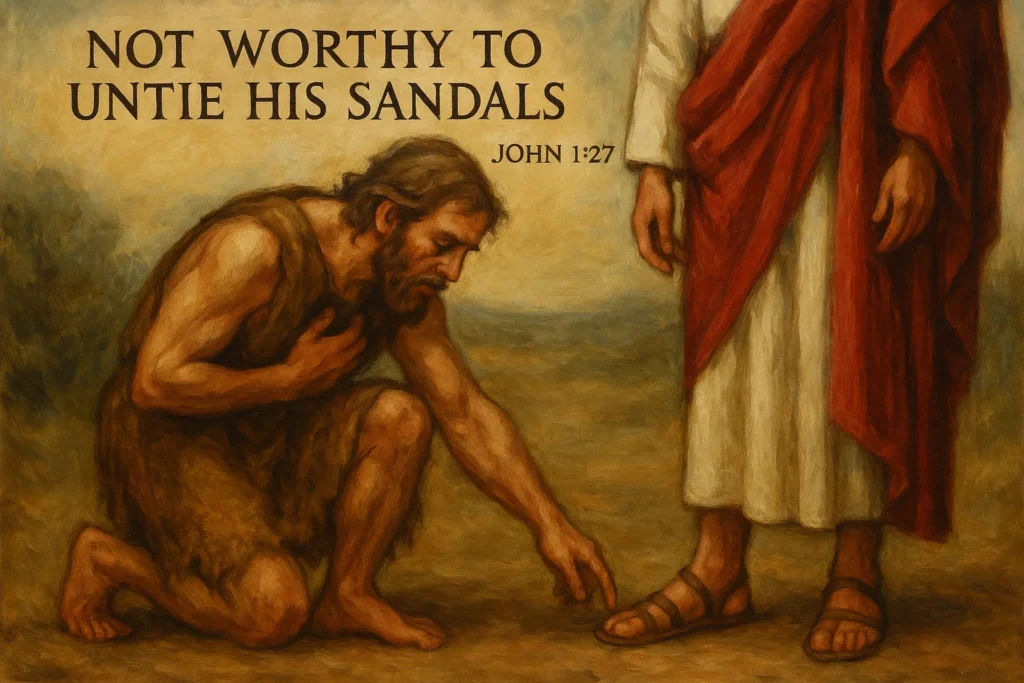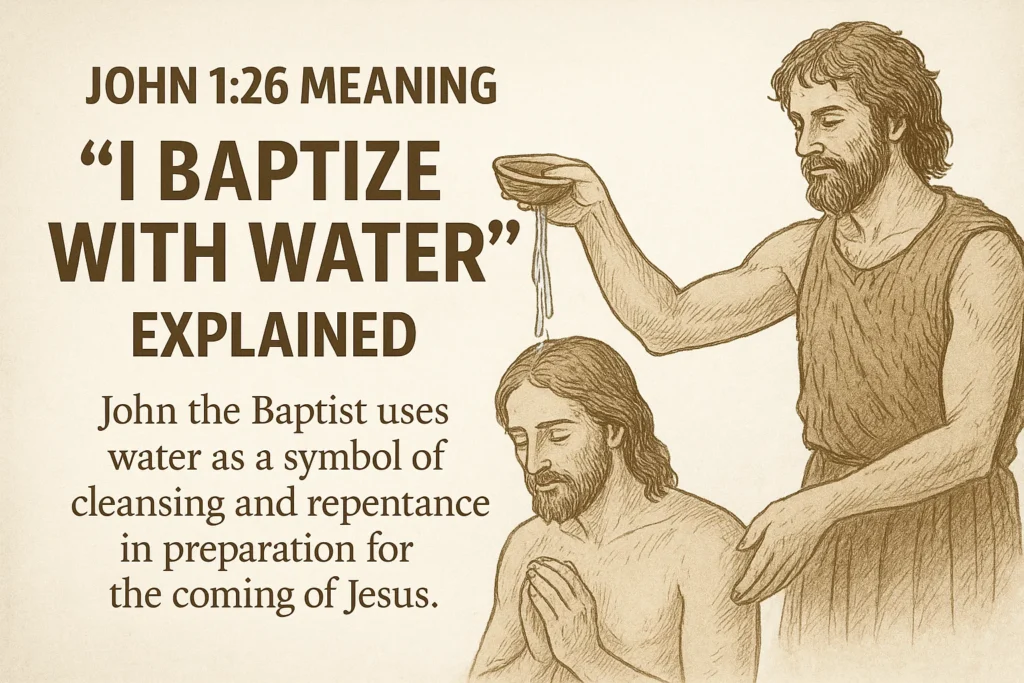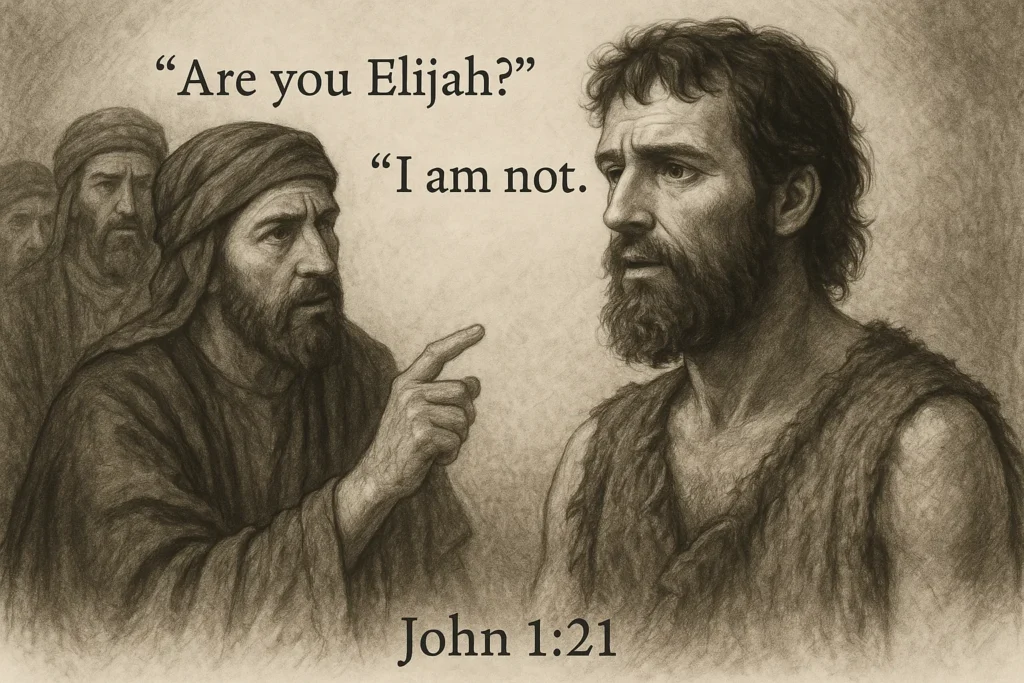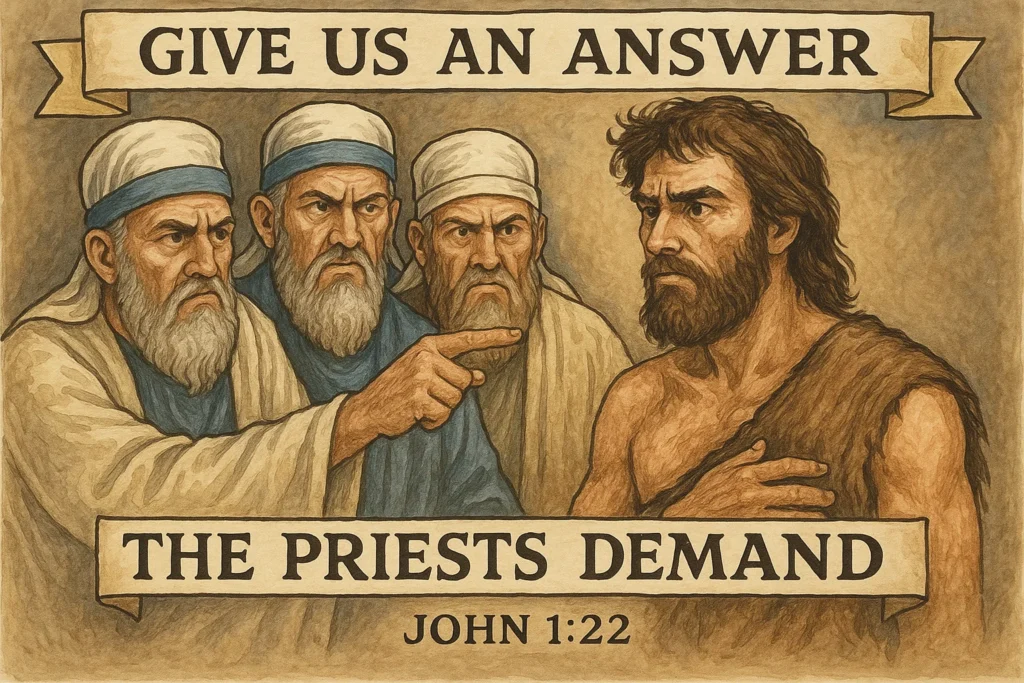I still remember the knot in my stomach. Years ago, my wife and I decided to host our first big backyard barbecue for my whole department. I’d spent two days prepping, bought what I thought was a mountain of food, and fired up the grill. And then, it happened. The “it” every host dreads. We ran out. Not of chips, not of soda, but of the main event: the burgers. The panic was real. That feeling of failing your guests, of a celebration grinding to a halt, is just awful. Now, imagine that panic. Multiply it by a thousand. That’s…
Author: Jurica Šinko
We all know the story. It’s right up there with the most famous miracles in the New Testament. The wedding at Cana. Jesus is there. His mother, Mary, is there. The disciples are there. It’s a full-blown celebration. Then, disaster strikes. The kind of disaster that ends a party dead in its tracks. They run out of wine. Mary, in that wonderfully calm, knowing way of hers, just turns to Jesus. They have a brief, cryptic exchange. Then she looks at the servants and says, “Do whatever he tells you.” What happens next is, quite literally, history. Jesus tells the…
It’s one of the most stunning turnarounds in the entire Bible. One minute, a man named Nathanael is chilling under a fig tree, just minding his own business. The next, he’s standing in front of a total stranger from a town he can’t stand, and words are tumbling out of his mouth that will echo for eternity: “Rabbi, You are the Son of God! You are the King of Israel!” What just happened? What could possibly shatter a man’s deeply held skepticism in a single instant? This isn’t just a casual compliment. This is a radical, life-altering, and, let’s be…
We’ve all had those moments, right? The ones that just stop you cold. A coincidence so wild you can’t just laugh it off. A dream that plays out, to the letter, the very next day. Or maybe someone says something—something they couldn’t possibly know—that’s been weighing on your heart. It’s a jolt. The world feels like it just tilted on its axis, just for a second. Well, that’s exactly what happens to a guy named Nathanael in the first chapter of the Gospel of John. And the words Jesus says to him in that moment of shock—”You will see greater…
Have you ever had a moment where someone truly saw you? I don’t just mean they looked at you. I mean they saw you. They saw your character, your hidden thoughts, that private part of your heart you keep walled off. It’s a jarring, profound, and incredibly rare experience. It’s the kind of encounter that can change your life in a single instant. This is precisely what happened to a man named Nathanael. His story, captured in a few short verses in the Gospel of John, contains one of the most cryptic and powerful encounters in the entire Bible. The…
Have you ever read a verse in the Bible that just stops you in your tracks? A line so dense and visual that you know it’s a big deal, but you can’t quite unlock it? For me, John 1:51 is one of those verses. It’s the stunning conclusion to Jesus’s very first encounters with His disciples. After a remarkable exchange with a skeptic named Nathanael, Jesus looks at him and says, “Truly, truly, I say to you, you will see heaven opened, and the angels of God ascending and descending on the Son of Man.” It’s a mic-drop moment. What…
“We found him.” It’s a simple sentence. Just three words. But in the context of John 1:45, it’s arguably one of the most loaded, explosive sentences in human history. Imagine the scene. Philip, his mind still reeling from a life-altering conversation with Jesus, literally runs to find his best friend, Nathanael. He’s out of breath, his eyes wide. He doesn’t say “hello.” He doesn’t ask “how are you?” He grabs him and says, “We have found him of whom Moses in the Law and also the prophets wrote, Jesus of Nazareth, the son of Joseph.” He’s not just saying “I…
It’s one of the most honest, cynical, and flat-out relatable moments in the entire Bible. It’s a quick jab. A dismissive retort. A full-blown expression of regional prejudice, all wrapped up in a single, sarcastic question. Here’s the scene. Philip, energized and breathless with the news of a lifetime, finds his friend Nathanael. He’s practically vibrating with excitement. He blurts out, “We have found him of whom Moses in the Law and also the prophets wrote, Jesus of Nazareth, the son of Joseph.” He’s just announced the fulfillment of all of history. The moment they’ve been waiting for. The Messiah.…
First impressions are powerful. Aren’t they? We size people up in seconds. Clothes, handshake, eye contact… it all gets pieced together into a story. And most of the time, that story is dead wrong. Or at least, it’s woefully incomplete. We see the carefully constructed front. The mask. The representative. We rarely see the person. Then you have this moment. Jesus meeting Nathanael. It’s one of the most stunning character intros in the whole Bible. As Nathanael approaches, Jesus doesn’t wait for “hello.” He simply turns to his disciples and, loud enough for Nathanael to hear, makes a profound declaration.…
It’s just one sentence. A single line of text tucked away in the first chapter of John’s Gospel, looking for all the world like a simple geographical note. “The next day Jesus decided to go to Galilee. He found Philip and said to him, ‘Follow me.’ Now Philip was from Bethsaida, the city of Andrew and Peter.” (John 1:44, ESV). Most of us read right over it. I know I did for years. It’s the biblical equivalent of “SFO, the airport for San Francisco and Oakland.” A simple descriptor. A bit of trivia. Right? Wrong. This isn’t just a bit…
It’s just two words. “Follow me.” In our hyper-connected, noisy world, we see this phrase everywhere. It’s a button on social media. It’s a casual request. It’s lost its punch. But in the dusty roads of first-century Judea, those two words, spoken by one specific man, were an invitation that would alter eternity. They were a command that would sever a person from their past and bind them to a new, radical future. We see this explosive power in a short, simple verse tucked away in the first chapter of John’s Gospel. John 1:43. It’s so brief, you could blink…
When my wife and I were expecting our first son, we agonized over his name. We wrote lists. We debated middle names. We scoured Google for meanings until our eyes blurred. A name just felt so permanent, so foundational to who he would be. In our world, we pour all this effort into a name before we even know the person. But in the ancient world, it was often the other way around. A name wasn’t just a label. It was a description of your very essence, your character, or your destiny. That whole obsession with “what a name means”…
We are all searchers. It’s one of the most human things we do. I still have this vivid memory from when I was a kid, maybe seven or eight, tearing my room apart. I was on my hands and knees, frantic, hunting for one specific, two-by-four blue LEGO brick. I was convinced my entire spaceship masterpiece depended on that single piece. I couldn’t finish it without it. That feeling never really leaves us, does it? As we get older, the things we search for just get bigger. We hunt for the right college, the right job, the right partner, the…
For the first 18 years of my life, I was “Steve’s little brother.” Steve was the athlete, the outgoing one, the guy everyone knew. I was the quiet bookworm. When people met me, their first connection was always, “Oh, you’re Steve’s brother!” It wasn’t mean, but for a long time, my identity felt like a footnote to his. I love my brother, but I wrestled with being “the other brother.” Maybe that’s why I’ve always felt a pull toward the man we meet in John 1:40. The verse is simple, almost a passing detail: “One of the two who heard…
Life is loud, isn’t it? Our phones buzz. Our inboxes pile up. We get hundreds of “invitations” a day—most of them are just noise, asking for our time, our money, or our attention. It’s easy to become numb to all of it. But every once in a long while, a different kind of invitation comes along. It’s not just an “ask.” It’s a hinge. A moment that splits your life into “before” and “after.” Now, picture this. A dusty road. Two men, disciples of a wild prophet, are staring at the back of a man walking ahead. Their teacher just…
Ever had a single sentence completely flip your life upside down? Someone drops a few words, and bam—your whole future pivots. It’s never some big, long speech, is it? It’s just a few words, spoken with this heavy clarity, that hit you so hard you just have to do something. I know I have. I still remember my college mentor. I’d just laid out this ‘perfect’ 10-year plan, and he just looks at me and says, “That’s a fine plan, but it’s not you.” Seven words. That was it. My career path changed for good. That same kind of world-tilting…
We’re all looking for something. It’s the great, unspoken truth of being human, isn’t it? We wake up each day with this deep, often unnamed, drive. A hunt. We seek success. We seek security. We seek connection, peace, or maybe just a single minute to catch our breath. We chase promotions, new relationships, and bigger experiences, all of it driven by the hope that this time, this will be the thing. The thing that finally makes us feel whole. And right into that universal, restless search, the Gospel of John opens with a scene of stunning simplicity. Two men, disciples…
There are moments in life that change everything. A pivot point. Sometimes it’s a quiet conversation, other times it’s a public declaration that draws a line in the sand. For the followers of a strange, camel-hair-wearing prophet baptizing people in the Jordan River, that moment comes in the thirty-fourth verse of the Gospel of John’s first chapter. After days of buildup, of deflecting, of pointing away from himself, John the Baptist finally points to someone. He sees Jesus, and the testimony he gives is the axis on which the entire Christian faith begins to turn. He declares, “And I have…
It’s a dusty, sun-baked afternoon by the Jordan River. The crowds have thinned out. That electric energy from yesterday, when John the Baptist was thundering about repentance, has settled. It’s quieter now. An air of expectation hangs in the heat. John is standing with two of his guys. Two of his inner circle. These are men who have dropped everything—their jobs, their families, their entire futures—to follow this wild prophet into the wilderness. Then, he sees him. Jesus is just… walking. Passing by. There’s no halo. No booming voice from heaven this time. Just a man walking. John’s gaze locks…
Have you ever felt like you were waiting for a sign? I’m not talking about just any sign, but a “this-is-it,” life-changing kind of moment. A moment that finally makes everything click. That green light from the universe that clarifies your purpose and sets your feet on a brand new path. I think we all have. We crave that confirmation. For a man named John the Baptist, that moment of pure, undeniable clarity is all wrapped up in a single, powerful verse. This was a man with a laser-focused mission: get the world ready for someone greater. His entire life…
John’s Gospel. Chapter 1. It’s not just a start; it’s a sprint. It rockets from “in the beginning” with God to the mud-and-sandals reality of the first disciples dropping everything. And right in the thick of it, there’s this quiet moment. Barely a speed bump. John the Baptist stands with two of his guys, points at Jesus, and… everything changes. The entire Christian movement pivots on this one, tiny scene. This John 1:35 commentary is all about that moment. We’re going to break down the people, the words, and the earth-shattering choice that unspools from this brief encounter. This isn’t…
The Jordan River. Let’s be honest. It’s not the Mississippi. In many places, it’s a humble, winding, and often muddy stream. It’s a working-class river, not a majestic one. And yet, on one perfectly normal day about two thousand years ago, this dusty, unassuming riverbank became the hinge upon which all of human history would turn. It became a theater for one of the most profound and mysterious events in the entire Bible: the baptism of Jesus. John the Baptist is there. This is the man of the wilderness, a rugged prophet clothed in camel’s hair, his voice raw from…
I’ve got this one relative. Seen him at family holidays my whole life. Knew his job, knew his favorite team, all of it. Or so I thought. Then one day, I saw him handle a family crisis with this incredible strength and wisdom I never knew he had. It completely changed my picture of him. I knew him, but I didn’t know him. That’s exactly the vibe I get from John 1:31. It’s one of those verses that looks simple, right? But it’s not. It’s the key to John the Baptist’s entire life. We see him as the wild man…
Some Bible verses feel like a warm blanket. Others feel like a splinter in your brain. For me, John 1:30 has always been the splinter. I must have read it a dozen times before the words actually… landed. John the Baptist, the older cousin, the guy who was literally born first, points at Jesus and says, “This is the one I meant when I said, ‘A man who comes after me has surpassed me because he was before me.’” Wait. What? How can someone who comes after you have been before you? It sounds like a logic puzzle, not a…
History-changing introductions don’t get much bigger. A rugged prophet, looking like he just walked out of the wilderness (because he did), points to a relative passing by. Then he makes a declaration that literally alters the course of the world. “Behold, the Lamb of God, who takes away the sin of the world!” (John 1:29). That phrase is everywhere. We’ve sung it. We’ve read it. We’ve seen it stitched on banners. But have we ever really just stopped and let the full weight of it hit us? The John 1:29 meaning isn’t just a fancy title. It’s a riddle. It’s…
We’ve all done it. You’re reading a Bible passage you’ve heard a thousand times. Your eyes just skim the words. Bethany. Capernaum. Galilee. They’re just stage-setting, right? Background noise. But then, one day, a word just… stops you. Dead in your tracks. For me, that word is in John 1:28. “These things were done in Bethany beyond the Jordan, where John was baptizing.” Hold up. Bethany? Wait a minute. Bethany is where Mary, Martha, and Lazarus lived. That’s a little town just over the hill from Jerusalem. What in the world is it doing ‘beyond the Jordan’? That single, tiny…
Humility feels… out of place, doesn’t it? We’re all supposed to be building our brand, owning our worth, and making sure our highlight reel is perfectly curated. “Look at me!” is the anthem of our age. But then, every once in a while, you run into something. Or someone. Something so genuinely big, so truly impressive, it just pulls the plug on all your self-promotion. You feel small. Not in a bad, “less-than” way. It’s that good kind of small. The kind you feel staring out over the Grand Canyon or up at a truly dark, star-filled sky. It’s awe.…
You have to picture the scene. The air in the Judean desert wasn’t just hot; it was electric. A strange, rugged man named John was pulling huge crowds out of Jerusalem, and the religious leaders were getting nervous. Really nervous. This guy was preaching a blistering message about repentance. Then he was plunging people into the Jordan River. His actions were radical. They were symbolic. And they were a direct challenge to the establishment. Finally, the authorities sent a delegation to corner him. They got right to the point: “Who are you?” John dodged. He said he wasn’t the Christ.…
It’s an exchange in the Gospels that just makes you stop and scratch your head. You have these religious authorities, wound up tight with messianic expectation, marching from Jerusalem into the wild to check out this electrifying new preacher. They’ve got a clipboard. They need to put him in a box. “Are you the Christ?” He gives a short, sharp “I am not.” So, they go to the next question, the one we’re here to talk about: “What then? Are you Elijah?” And again, John the Baptist hits them with a flat ‘no.’ “I am not.” This is a problem.…
You can feel the tension, can’t you? It’s that awful, thick silence right before a storm breaks. Imagine a group of important men, robes and all, faces like stone. They’ve marched from the comfort of Jerusalem straight into the wild, dusty wilderness. This isn’t a social call. They want an answer. And they’re not leaving without one. This showdown, right in John 1:22, is so much more than a line in an old book. It’s a theological collision. This John 1:22 Commentary isn’t just about history; it’s about identity, power, and what happens when the old guard smacks right into…
